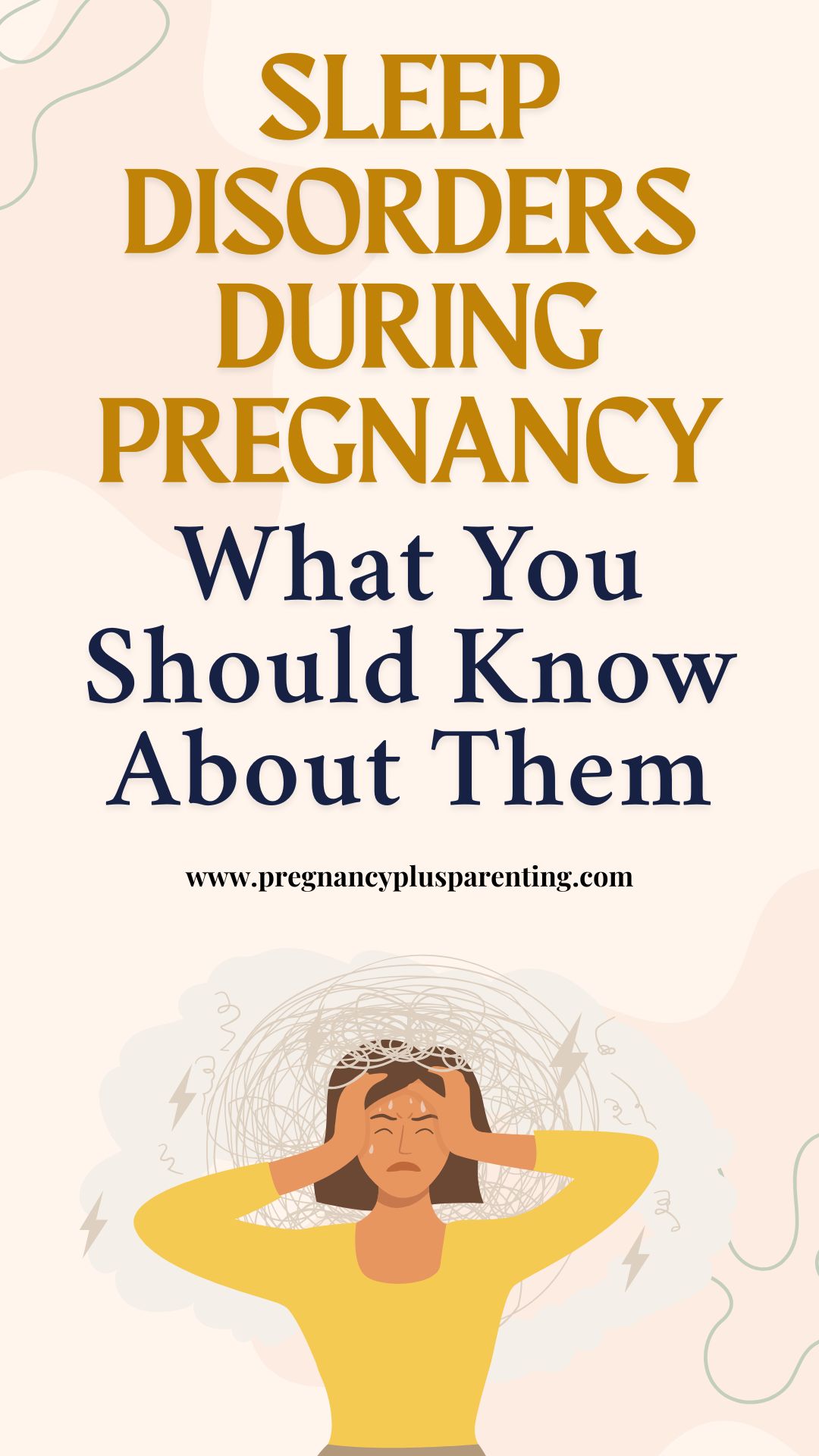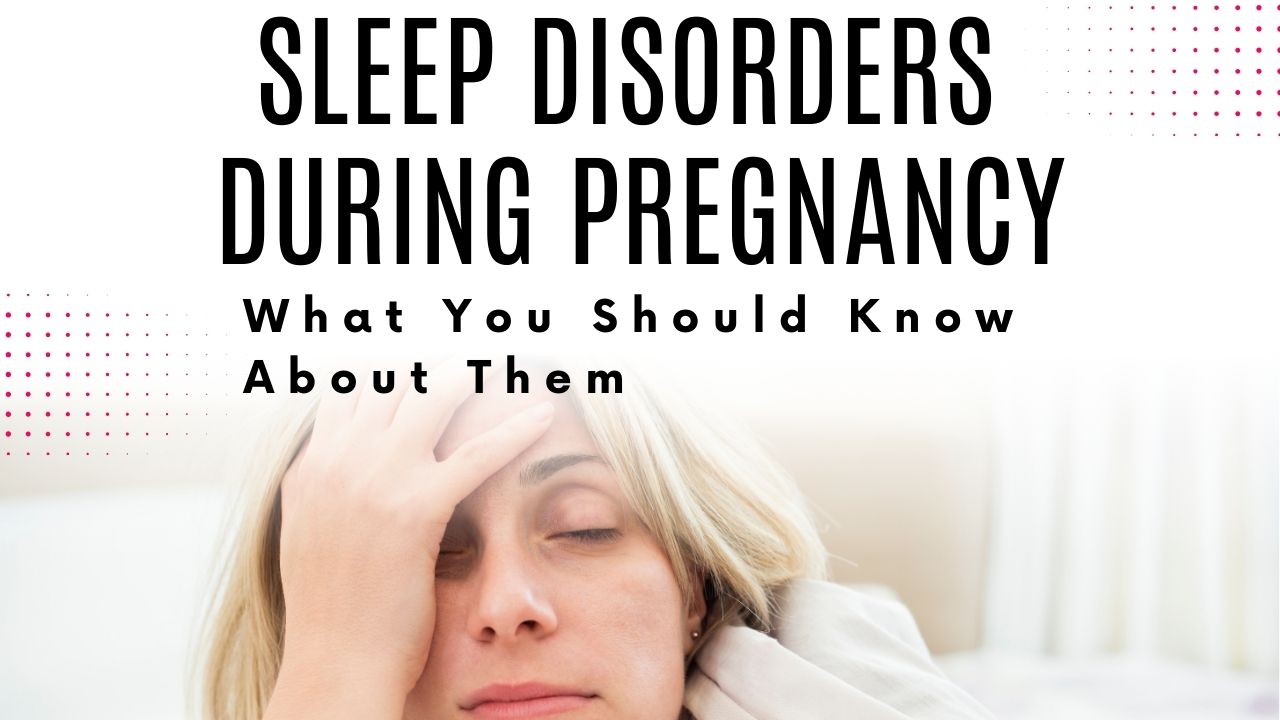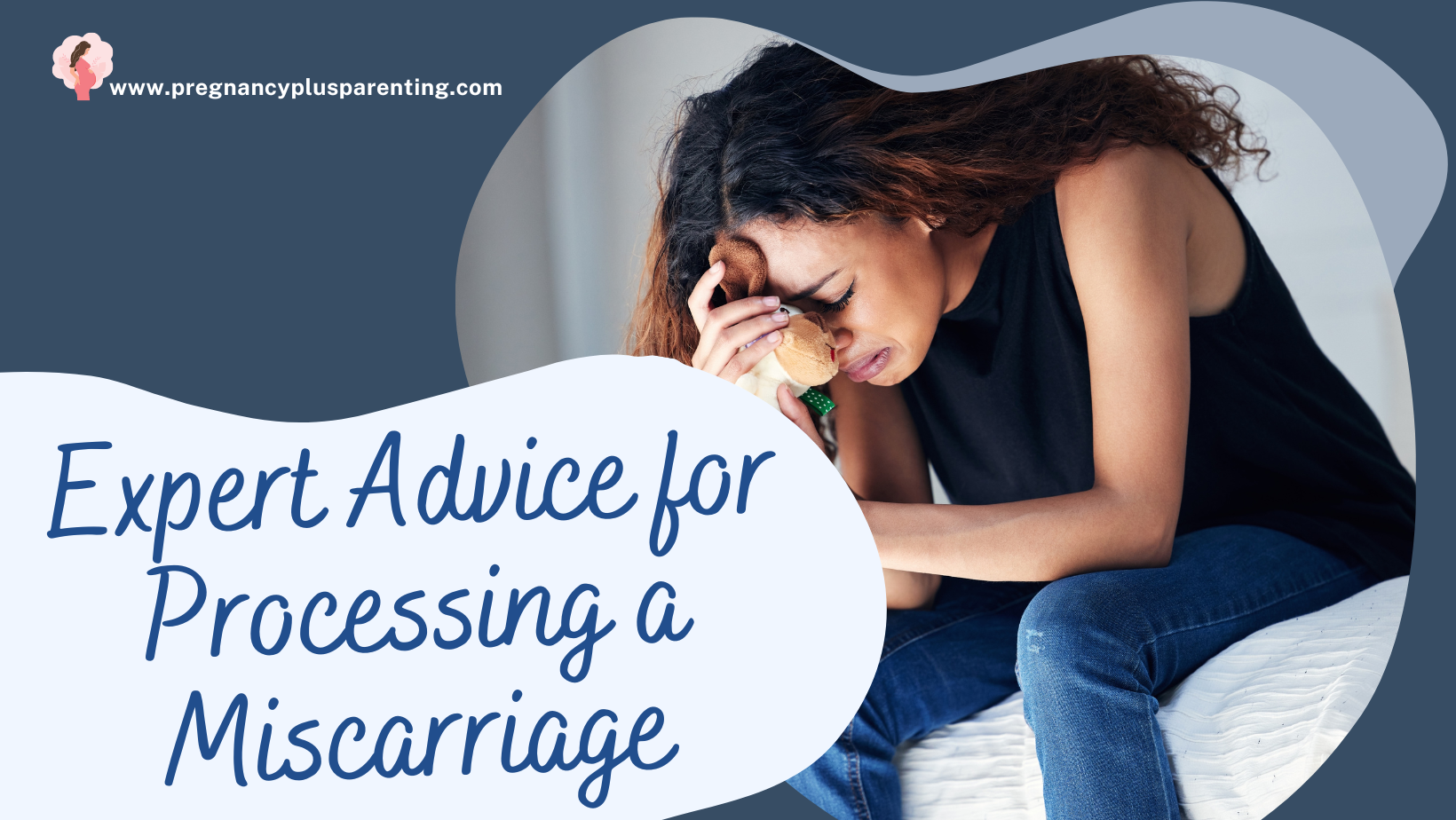Sleep Disorders During Pregnancy – What You Should Know About Them
Many women suffer from sleep problems, especially during pregnancy . These can have a variety of causes, but should always be treated.
Sleep problems can develop into other conditions, such as circulatory problems, general weakness, migraines, or even mental illnesses. Therefore, you should always treat these and consult a doctor if necessary. Especially in the second and third trimesters, expectant mothers complain of increasing sleep problems.
Find out here what you can do about sleep disorders during pregnancy and why you are particularly susceptible to sleep problems during pregnancy!
Why do you suffer more from sleep disorders during pregnancy?
Pregnant women are usually tired during the day , and the additional physical and mental strain leaves its mark on your body. A short daily nap can help. However, you should avoid a long nap and stick to a short power nap.
Despite their tiredness, many women find it difficult to fall asleep at night . One cause can be restless legs syndrome . Other causes include the restless search for the right sleeping position, the movement of the baby, or psychological stress. The impending birth affects many women not only physically but also psychologically. Ruminating thoughts that can’t be turned off, or stress, can also lead to sleep disturbances.
Blood pressure can also rise during pregnancy. This, along with, for example, an overactive thyroid, can lead to insomnia during pregnancy. Vena cava compression can occur when the pressure of the baby affects the blood vessels. This causes pregnant women to wake up at night and usually turn onto their side reflexively, which relieves pressure on the vein.
Sleep disorders in the different trimesters of pregnancy
In the first trimester of pregnancy, your body has to adjust to the new situation. You often feel exhausted during the day. This is completely normal; after all, a new life is growing in your belly. Your body also has to adjust to this. The hormonal changes lead to daytime fatigue. Often, you simply feel weak at first, but can’t sleep. The exciting, new thoughts about your new life keep you awake.
In the second trimester , you’ll start needing to go to the bathroom at night. This will cause you to wake up more often. Your growing belly will also increasingly affect your sleep. It’s important to find the right sleeping position, preferably on your side. Pregnancy pillows provide great support here.
However, the physical discomfort caused by the baby’s increasing size will keep you awake, especially during the third trimester . Sleeping position is even more important to avoid back and hip pain. The increasing, brooding thoughts about the impending birth also keep many women awake. Try practicing meditation exercises before bed and following certain pre-sleep rituals to calm your body and mind.
What can you do about it?
The following tips can help you avoid sleep disorders during pregnancy:
- Avoid heavy meals in the evening, eat and drink balanced throughout the day
- Maintain good sleep hygiene (bedroom temperature, humidity in the bedroom)
- Use special pregnancy pillows to optimally relieve your spine at night and find the right sleeping position
- Yoga and meditation in the evening can help to switch off thoughts and drift into sleep more relaxed, but also prevent back and joint pain
- Write down your thoughts and to-dos for the next day to relieve your mind
- Sufficient exercise during the day also helps you fall into bed tired and relaxed in the evening. Gentle walks or yoga are particularly suitable for expectant mothers.







